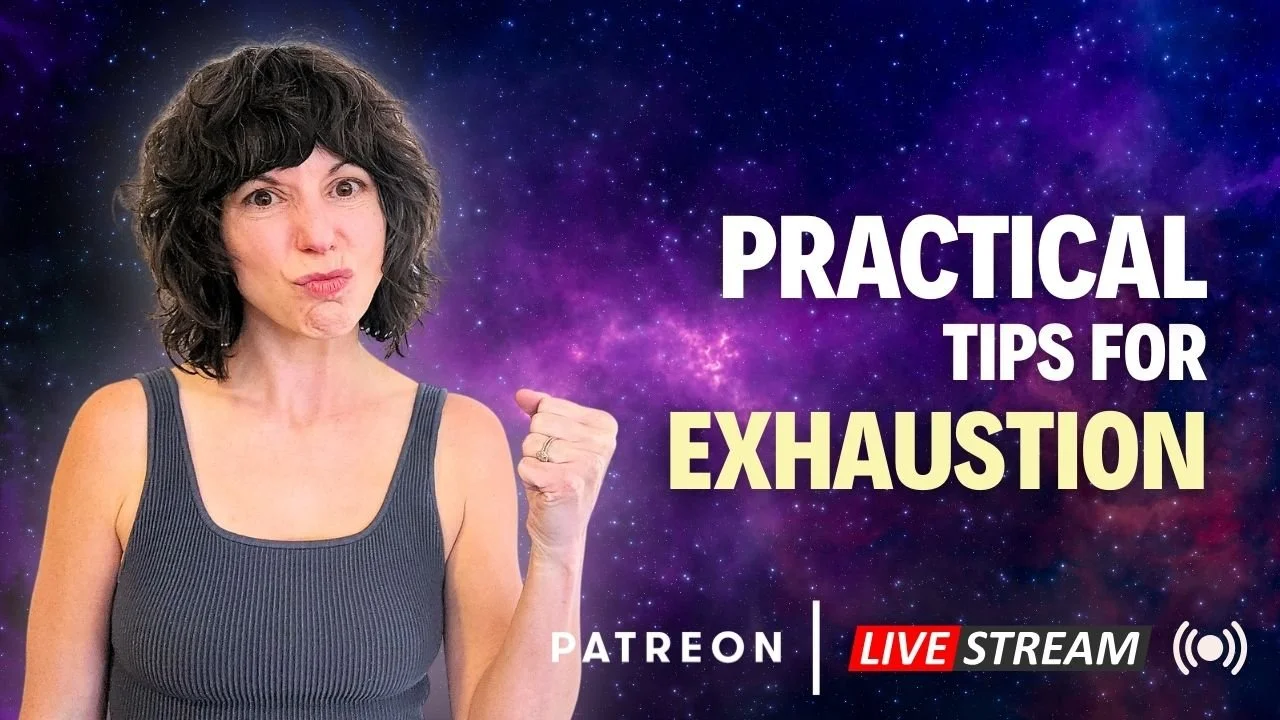How to Scare Away Human Predators: PART 1
Today we’re going to have an uncomfortable conversation — and honestly, that’s good. Because comfort doesn’t create change.
We’re talking about why trauma survivors often attract predators, and how to stop being selected as prey.
I’ll say this upfront: some people will accuse me of victim-blaming. But those people confuse empathy with fragility. Real empathy empowers survivors to protect themselves. Real compassion tells hard truths that keep us safe — not comfortable lies that keep us vulnerable.
We do not live in a predator-free world. Pretending otherwise is dangerous.
The Predator’s Radar
There’s a well-documented phenomenon called victim selection — or what I call wounded animal syndrome.
Just like predators in nature target the wounded, human predators — narcissists, sociopaths, manipulators — have an almost supernatural ability to spot trauma survivors.
This isn’t about blame. It’s about predator education and survivor empowerment.
Knowledge is power. Learning from what happened to you isn’t shame — it’s wisdom in action.
Think of it like this: when a house gets robbed, we add locks, lights, alarms. We secure it.
So why don’t we help trauma survivors secure their personal boundaries, their energy, their “human house”?
How Predators Identify Prey
Broadcasting Vulnerability Signals
Fawning & People-Pleasing: Desperate to keep peace, you’ll tolerate too much. To a predator, that says “ideal target.”
Poor or Confused Boundaries: You normalize confusion in relationships and call it connection.
Excessive Apologizing: “I’m sorry” energy reads like a bird with a broken wing.
Need for Approval: You light up at validation — a roadmap for manipulation.
Hypervigilance: You think constant scanning keeps you safe; it actually signals weakness and exhaustion.
Dissociation: When you mentally check out, predators know they can get away with more.
These aren’t character flaws. They’re trauma adaptations. But predators don’t care why — they only see easy access.
Normalized Abuse Patterns
If you were abused, red flags don’t register as red.
Love bombing feels like finally being seen.
Intermittent reinforcement feels like home — the same psychology as slot machines. You keep playing for a “payout” that never comes.
Walking on eggshells feels like love.
Chaos feels normal; calm feels wrong.
Compromised Threat Detection
Trauma rewires your sense of safety.
Some survivors dissociate — alarms turned off.
Others live in hypervigilance — alarms blaring nonstop.
You can’t tell the difference between a genuinely kind person and a groomer, healthy boundaries vs. emotional unavailability, or normal friction vs. abuse starting.
That’s why gaslighting works — because you learned early on not to trust your perceptions.
The Research
Criminology studies show predators can spot past victims within seconds — just from posture, gait, and eye contact.
Your unhealed trauma is visible to people looking for it.
Again, not to shame you. To wake you up to the power of healing what you project.
So if predators can sense vulnerability, how do you stop broadcasting it?
In Part 2, we’re talking about how to fortify your energy, your body language, and your boundaries—how to stop being selected as prey and start moving through the world like someone predators pass over.
Because empowerment, not fear, is your new protection.
Episode Tags
- ADD 1
- Abuse 17
- Alcohol 3
- Anger 11
- Archetypes 1
- Bullying 6
- Childhood 37
- Codependency 10
- Covid 4
- Crystal Catalina 4
- Depression 15
- Detachment 2
- Disassociation 4
- Emotions 75
- Existentialism 2
- Faith 1
- Family 28
- Fatigue 4
- Focus 3
- Gratitude 11
- Grief 14
- Guilt 2
- Healers 7
- Healing 52
- High Sensation 4
- Hope 1
- Hypervigilance 7
- Introverts 6
- Lonliness 9
- Love 3
- Manifesting 5
- Manipulation 20
- Masculinity 1
- Men 1
- Mindfulness 39
- Money 10
- Music 3
- Nutrition 2
- Overthinking 8
- PTSD 13
- Parenting 12
- People Pleasing 9
- Perfectionism 6
- Pets 4
- Relationships 21
- Resiliency 14
- Sadness 1
- Self Esteem 19
- Self Love 11
- Self Respect 1
Upcoming Events
Episode Tags
- ADD 1
- Abuse 17
- Alcohol 3
- Anger 11
- Archetypes 1
- Bullying 6
- Childhood 37
- Codependency 10
- Covid 4
- Crystal Catalina 4
- Depression 15
- Detachment 2
- Disassociation 4
- Emotions 75
- Existentialism 2
- Faith 1
- Family 28
- Fatigue 4
- Focus 3
- Gratitude 11
- Grief 14
- Guilt 2
- Healers 7
- Healing 52
- High Sensation 4
- Hope 1
- Hypervigilance 7
- Introverts 6
- Lonliness 9
- Love 3
- Manifesting 5
- Manipulation 20
- Masculinity 1
- Men 1
- Mindfulness 39
- Money 10
- Music 3
- Nutrition 2
- Overthinking 8
- PTSD 13
- Parenting 12
- People Pleasing 9
- Perfectionism 6
- Pets 4
- Relationships 21
- Resiliency 14
- Sadness 1
- Self Esteem 19
- Self Love 11
- Self Respect 1




















